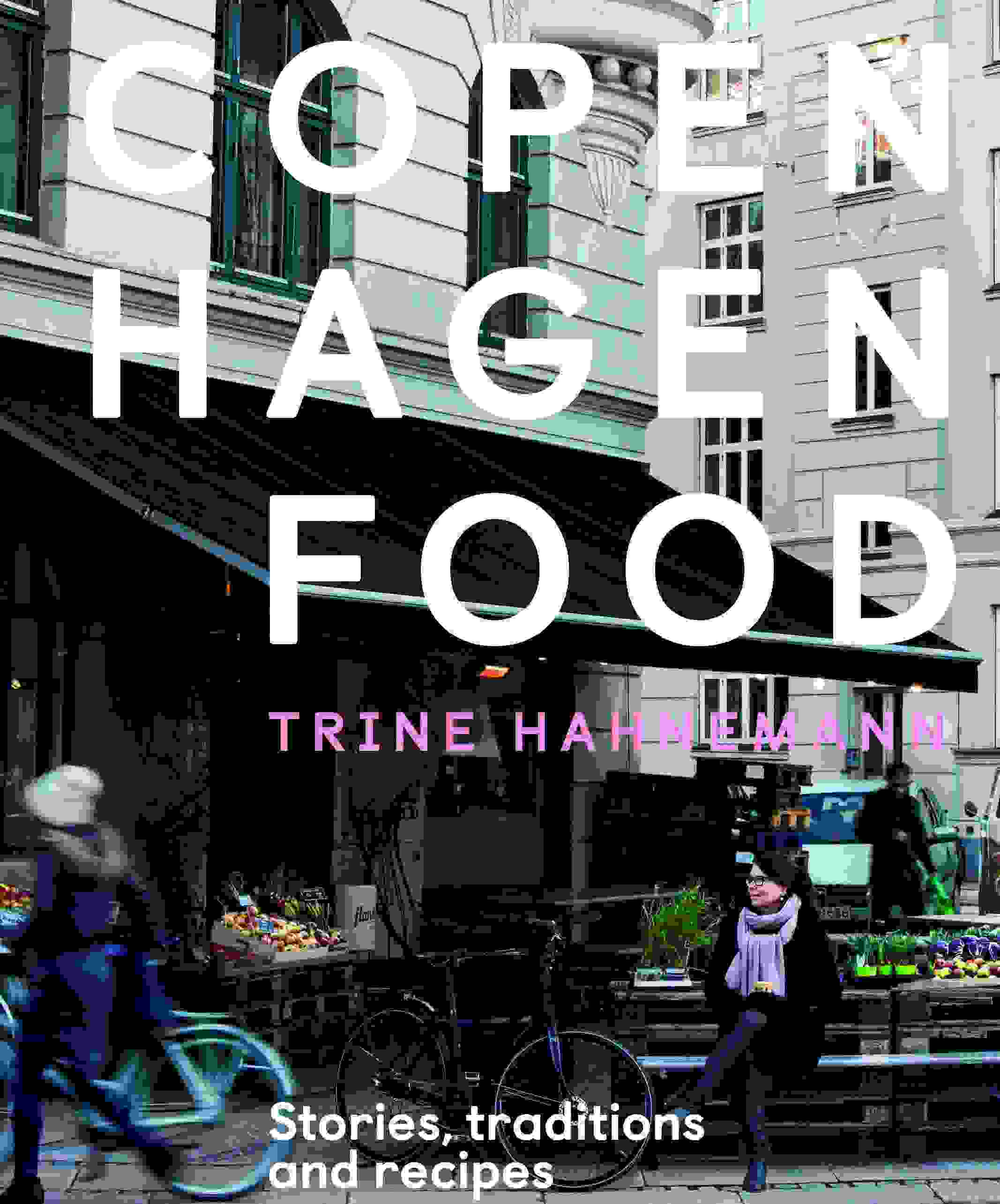In conversation with Trine Hahnemann, the Danish Chef
Interviews

January 13, 2019, 1:39 pm
Q. How did you become passionate about the cause?
A: As a child, I was brought up to be aware of both social injustice and our responsibility to treat nature with respect. My parents were of course more optimistic back in the 1970s about, how we would change our ways. Now climate change is upon us. We face many challenges to ensure that all people on the planet have access to a good life. Therefore, I feel it is my responsibility to work towards these goals. I can´t remember a time where I was not working towards doing things better.
Q. What are the challenges in adapting to a 100% organic food lifestyle? How can they be overcome?
A: First, accept that not everything is available all year round, that you have to live according to the local season. That fruit and vegetables can be odd sizes, maybe have a little spot that does not mean anything, still perfectly edible. Plan the way you live. Cook with love, accept that food needs to be valued. Cooking, and making sure there is food on the table, is not a burden, it’s a joy and the essence of life.
Q. How do you encourage/advise people to reconsider their eating habits?
A: I ask them what inspires them, I try to understand the way they live and eat. We are very emotionally connected to the way we eat, so change has to come gradually. I think planning is important and also deliciousness is the core of it. If possible, I cook for people and show them alternative ways through the senses. It works much better than blaming people for not doing the right thing. I always say, food is life and joy, and you can´t live without it, so you might as well get it right, and a sustainable diet with emphasis on vegetables is both great for your personal health and for the planet.
Q. As a chef, what are the techniques you use to reduce food waste in your kitchen?
A: In professional kitchens, we have very little food waste because we need to make money, and food waste is also wasting money. So, we use most vegetables if not in the dish, then in the stock, soup or even bread. We also freeze ready meals and sell at a lower price, we use leftover cakes in other cakes, we have quite a few traditional recipes that is about using leftovers. After big events, we collaborate with charities, where we will deliver the leftover food the same day.
Food is not always appreciated sufficiently in private households, especially in wealthy countries. I think planning the way you cook is important, and also the understanding of, how all things can be used and the flow in the kitchen, like my grandmother did. So, education is important for handing down knowledge from generation to generation. You need the knowledge to understand how everything can be used.
Q. What key messages do you use in order to convince your audience food waste is an issue?
A: Learn to cook, be good at organizing or understand that it is important to organize, understand that food waste is also wasting money. If you yourself do not cook, then ask at the places where you eat about what their programme for food waste is. Ask questions and support businesses that have taken a stand.
Q. What practical advice do you have for someone to start making more sustainable choices when it comes to food?
A: Reduce the amount of meat you eat right away, eat more vegetables, try to think about the 80/20 diet: 80% plant-based and 20% from animals. Eat less and do not waste. Choose organic when possible, think about water consumption and ask questions about, how your food is produced. Be creative, never take no for an answer, and never forget that food has to be delicious and made with love.
About the author:
As chef and food writer, Trine is an advocate for sustainable solutions, organic sourcing and food cooked with love. Trine spends her time cooking, writing and traveling, and is, through the recognition of her work, able and fortunate to communicate her message across the world, which she has been doing frequently for many years.
Trine will discuss her insights into the Future of Food in a panel with HE Dr Majid Al Qassimi. Their session takes place Saturday 9 March 2019, between 2-3pm, in English and Arabic at the Emirates Literature Festival.
Click here to book your seats now.









